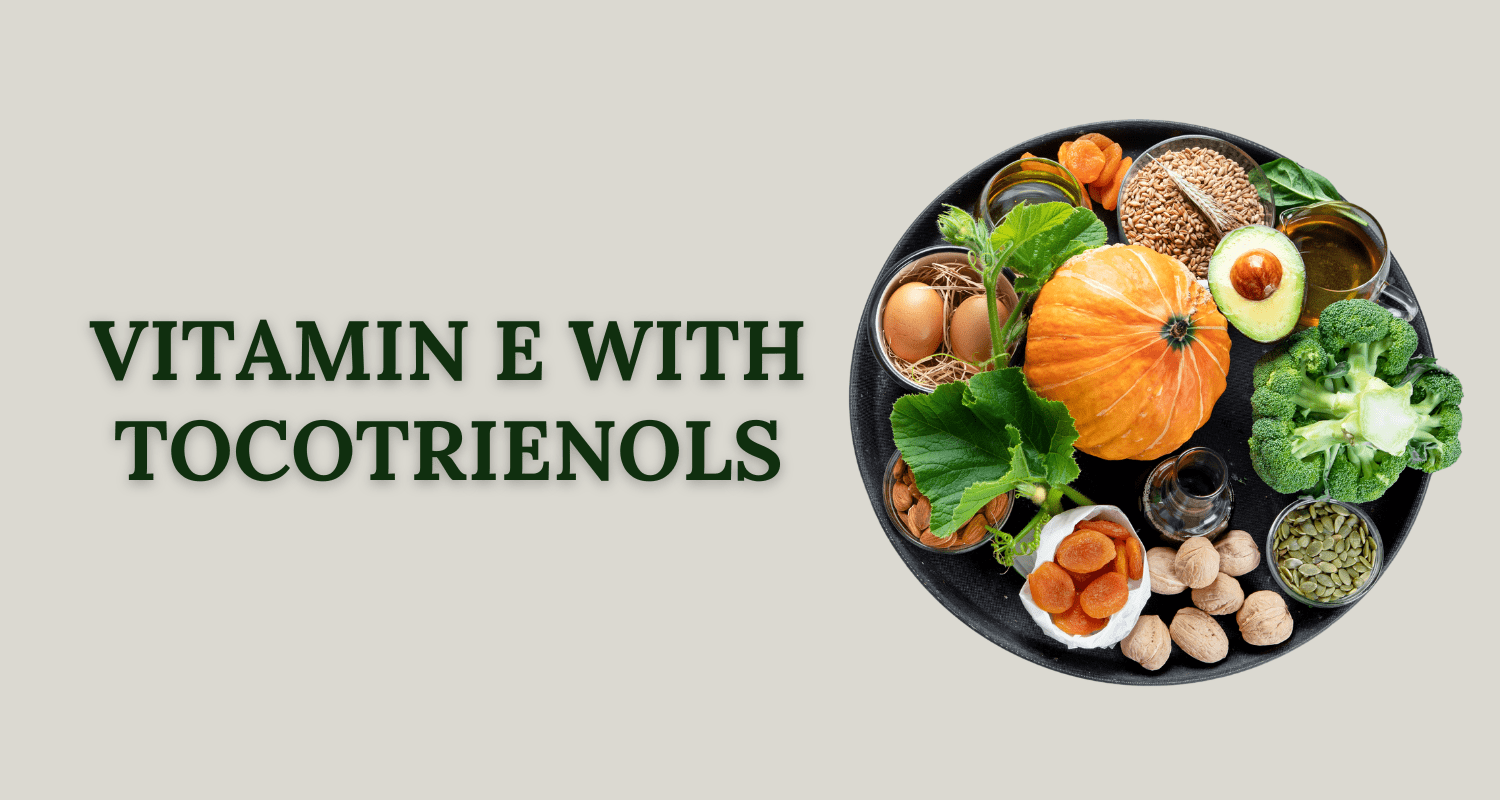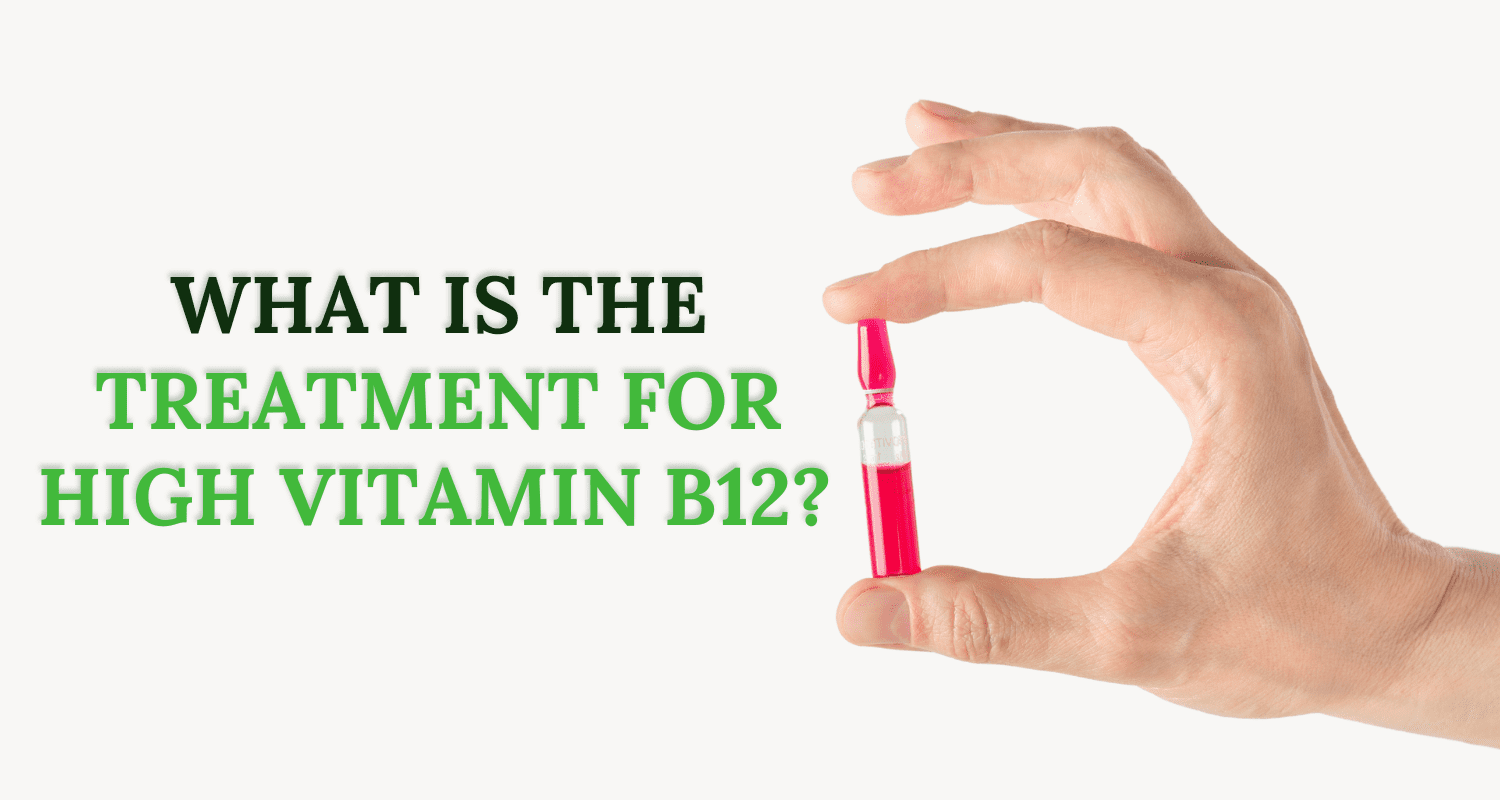Have you ever wondered whether can you take prenatal vitamins without being pregnant?
It’s a question that pops up more often than you might think.
Prenatal vitamins are commonly associated with pregnancy, but their potential benefits extend beyond just prenatal care.
So, can you take prenatal vitamins without being pregnant?
Let’s delve into this intriguing question: can you take prenatal vitamins without being pregnant and uncover the surprising facts behind these tiny but mighty supplements?
Key Takeaways:
- Can you take prenatal vitamins without being pregnant? No, taking prenatal vitamins without being pregnant is unnecessary and may lead to excessive nutrient intake.
- Prenatal vitamins contain higher levels of folic acid and iron compared to regular multivitamins.
- Prenatal vitamins are not proven to improve hair growth or strengthen nails.
- Excessive intake of folic acid and iron can have adverse effects on your health.
- A well-balanced diet is the best way to obtain the necessary nutrients.
The Difference Between Prenatal Vitamins and Multivitamins
Choosing the right supplements for your health is key.
It’s vital to know how prenatal vitamins and multivitamins differ.
Prenatal vitamins are made to support the special nutritional needs of those who are pregnant. They have more of certain nutrients like folic acid and iron.
These vitamins also pack in other needed nutrients. Things like calcium, vitamin D, and omega-3s are in them.
These help both the baby’s growth and the mom’s health while she’s pregnant.
There are various forms of prenatal vitamins available.
You can find them as gummies, capsules, and tablets. Prenatal gummies are liked for their good taste and how easy they are to take.
Even if not yet pregnant, women planning to be should consider prenatal vitamins.
Taking them early on ensures the body is nutrient-rich for pregnancy. This early start is important for having a healthy baby.
Are There Any Benefits to Taking Prenatal Vitamins When Not Pregnant?
Some people take prenatal vitamins when they’re not pregnant. They hope for better hair growth, skin health, and overall well-being.
However, these vitamins are made for the needs of pregnancy. They might not offer the same benefits for others.
Prenatal vitamins have nutrients like biotin, zinc, and vitamin E. These can help with hair health.
But how well they work on hair growth varies from person to person.
- Taking prenatal vitamins for hair growth lacks scientific backup.
- For hair health concerns, it’s wise to talk to a healthcare pro or a skin doctor.
Some think prenatal vitamins improve skin health. They have good stuff like vitamin C, vitamin E, and omega-3s for the skin.
Yet, their real effect on skin health is not certain.
- For great skin health, eat well, stay active, and take care of your skin.
- With skin worries, seeing a skin doctor is the best move.
To sum it up, while some take prenatal vitamins for possible perks, there’s no science backing these claims.
These vitamins are for pregnancy’s nutritional needs, not for others. If you want better hair or skin, it’s best to get advice from a healthcare expert. They can offer the right guidance and treatments.
Risks of Taking Prenatal Vitamins Without Being Pregnant
Taking prenatal vitamins without being pregnant has risks and side effects. These supplements are for expectant mothers’ needs.
Excessive intake of folic acid and iron raises concerns.
Folic acid is crucial for fetal health, but too much can hide vitamin B12 deficiency signs.
Meanwhile, too much iron can cause stomach upsets, leading to constipation, nausea, and diarrhea.
Adhering to daily nutrient needs is key.
Always consult a healthcare professional before starting supplements. They can offer advice tailored to your needs. This ensures you avoid too many nutrients.
Possible Side Effects of Taking Prenatal Vitamins Without Pregnancy:
- Masking vitamin B12 deficiency symptoms
- Experiencing gastrointestinal discomfort
- Constipation
- Nausea
- Diarrhea
Follow guidelines and seek professional advice to keep your nutrient intake balanced. This is important whether you are pregnant or not.
Meeting Nutritional Needs through a Healthy Diet
A well-balanced diet usually gives healthy adults all the nutrients they need.
This is true for those who are not expecting a baby.
By eating foods rich in nutrients, people can avoid relying on supplements like prenatal vitamins.
- Fruits and vegetables: Add many different fruits and veggies to your meals. They offer vitamins, minerals, and antioxidants for your health.
- Whole grains: Choose whole grains such as brown rice, quinoa, and whole wheat bread. They are full of fiber, B vitamins, and important minerals.
- Lean proteins: Eat lean proteins like chicken, fish, beans, and tofu. Your muscles need them for growth and repair.
- Dairy products: Pick low-fat dairy or alternatives like almond milk for strong bones and teeth. They provide the calcium you need.
Most of the time, a healthy diet covers your nutritional needs.
However, if you’re pregnant or planning to be, you might need extra care. You should talk to a doctor for advice on what to eat.
Note: Prenatal vitamins are made for the health of people who are pregnant. They’re not for losing weight. It’s wrong to use them just to lose weight.
When Should You Take Prenatal Vitamins?
If you’re pregnant or planning to be, taking prenatal vitamins is key. They’re made to give the right nutrients for your baby’s growth and your health during pregnancy.
It’s smart to talk with a healthcare expert about when and how much to take. They offer advice tailored to you, for the best health of mother and baby.
Why Are Prenatal Vitamins Important?
Prenatal vitamins pack essential nutrients like folic acid, iron, calcium, vitamin D, and omega-3 fats. These help your baby grow healthy and strong.
Folic acid can prevent birth defects of the brain and spine. Iron helps make blood and avoids anemia.
Calcium and vitamin D are for strong bones and teeth. Omega-3 fats aid in brain development.
Benefits of Taking Prenatal Vitamins
- Promotes healthy fetal development
- Reduces the risk of certain birth defects
- Supports maternal health and well-being
- Ensures adequate intake of important nutrients
Following your healthcare professional’s advice on prenatal vitamins can support a healthy pregnancy.
It ensures you both get the nutrients needed for optimal health.
The Misconception About Prenatal Vitamins and Hair/Nail Growth
Many people think that prenatal vitamins make hair grow faster and nail stronger.
However, there’s no science to back this up.
Hair and nails get their health from things like genes, your overall health, and what you eat.
Prenatal vitamins do have nutrients that are good for hair and nails.
But, they aren’t a sure fix for growth or strength.
Conclusion
Can you take prenatal vitamins without being pregnant? It depends, most people don’t need prenatal vitamins if they’re not pregnant.
These vitamins have extra folic acid and iron. They are made for those expecting a baby.
Claims that these vitamins boost hair growth or skin health lack proof.
Eating well is the best way to get nutrients for hair and skin.
Try to eat fruits, vegetables, proteins, and grains to stay healthy.
But, if you’re pregnant or trying to be, talk to a doctor about prenatal vitamins. They have advice tailored to you and your baby’s health. Prenatal vitamins help with pregnancy’s special nutritional needs, not for those not expecting.
FAQs
Can you take prenatal vitamins without being pregnant?
Yes, you can. Prenatal vitamins are often recommended for women who are planning to conceive or during breastfeeding due to their high levels of essential nutrients like folic acid and iron.
What happens if you take prenatal vitamins while not pregnant?
Taking prenatal vitamins when not pregnant won’t harm you, but excessive intake of certain nutrients like iron might cause gastrointestinal discomfort. It’s best to consult with a healthcare provider before starting any supplement regimen.
Can I take prenatal vitamins for hair growth?
While prenatal vitamins contain nutrients like biotin that support hair health, they’re specifically formulated to meet the needs of pregnant and breastfeeding women. Opting for a supplement designed for hair growth might be more effective.
Are there any side effects of taking prenatal vitamins?
Common side effects may include nausea, constipation, or stomach upset due to the high iron content. However, side effects vary from person to person. Consult your doctor if you experience any adverse reactions.
Can I take folic acid if not pregnant?
Yes, you can. Folic acid is essential for cell growth and development, making it beneficial for everyone. Women of childbearing age must reduce the risk of birth defects even before pregnancy.
Disclaimer: This content, including advice, provides generic information only. It is not a substitute for a qualified medical opinion. Always consult a specialist or your doctor for more information. Nutrition Cult does not claim responsibility for this information.




